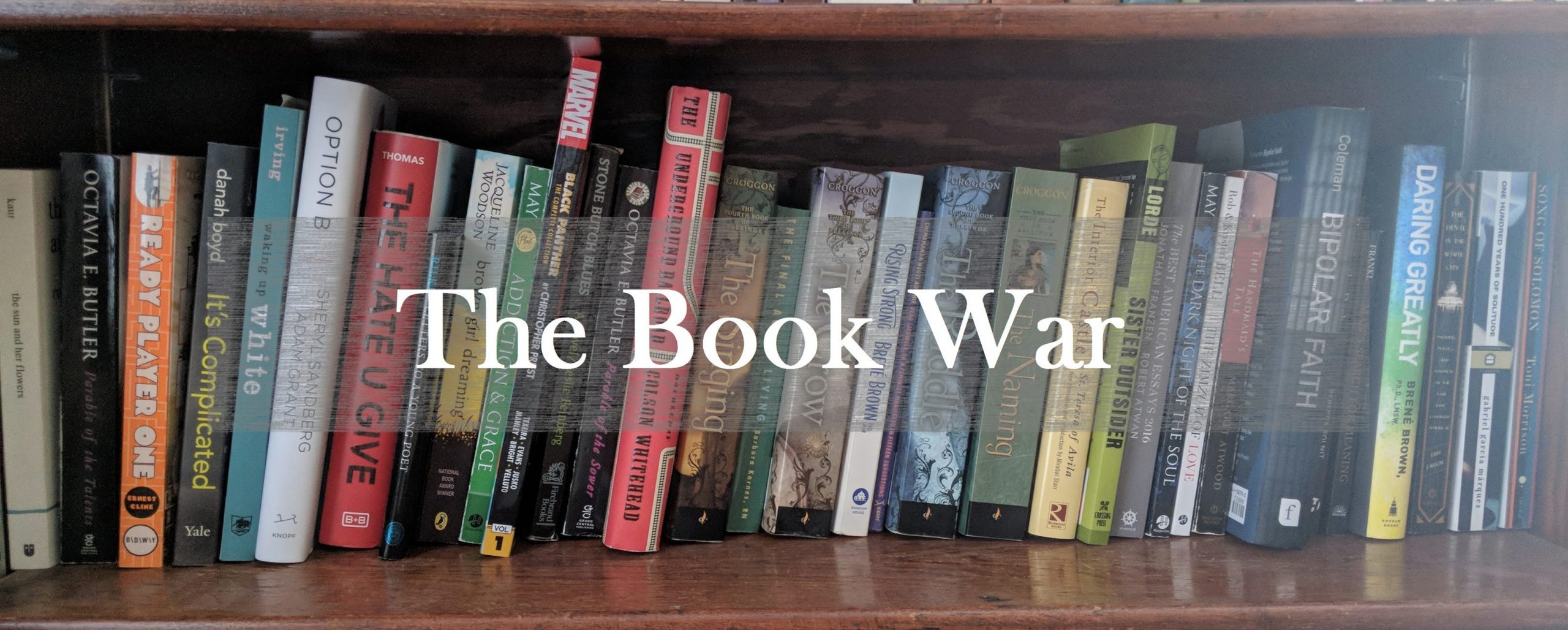It’s been a minute, but in January Haddi and I had invited you to join us in reading “Brick Lane” by Monica Ali. This was a novel chosen from a reading list we’ve been working on for over year. A reading list to help our self- identified feminism be more intersectional. Now intersectionality has a lot of depth and complexity, but here’s the down and dirty according to me: in all its forms intersectionality asks us to see our own blind spots. So for the white feminist, intersectionality calls us to consider our sisters from other cultures and ethnic backgrounds where the white, male, heterosexual system has caused greater oppression in their lives and calls the white feminist to be aware and not become an additional stumbling block.
When Haddi and I first began discussing “Brick Lane” it became clear that there were many themes that interested us. Themes such as: sisterhood, friendship, freedom vs. caged, and agency vs. fate. We discussed all of these at length but what became clear as we continued to speak was how we were violently agreeing on the IMPORTANCE of reading books such as “Brick Lane.” Books that we would never pick up and even if we did, wouldn’t necessarily finish (well Haddi would). It is books like these from completely different cultural perspectives that we sometimes need to “power through” in order to truly open ourselves to the experience of others.
Reading serves many purposes and if you haven’t figured it out by now, Haddi and I read for pleasure (a lot) but also as a way to learn, to push past our own comfort zones and, as best we can from the comfort of our own homes, be citizens of the world. So we value reading books like “Brick Lane” and as we were discussing this we realized we were agreeing…violently because we were coming to the very same conclusion from very different perspectives.
Here’s Haddi’s Perspective (in her own words)…
As I read Brick Lane, I found that while Nazneen’s (the main character of the book) experience of life was unique and particular to her heritage, culture, gender, etc., her emotions and struggles were those we all experience; she could have been me, my sister, my mother, or my grandmother. So while it is essential to understand the difference and uniqueness of personal experience, we must also be aware of the dangers of ‘othering’ people who are not like us. When we ‘other’ people (we rarely do this to individuals, rather it tends to be groups of people that are ‘othered’) it becomes easier for us to dehumanize the individuals who comprise that group and thus ignore the plight and struggles (think of people’s reactions to taking in refugees vs. providing housing/food for American war veterans) of anyone who may find themselves clumped in with ‘those people.’ For me, this book was an example of how each of us is unique…just like everyone else.
And here was mine (Hannah):
I found myself arguing that it’s dangerous to flatten out humanity to what sounds almost as a platitude, “see, we really are all the same.” The danger in clinging only to that which makes us the same is that we eradicate that which actually gives our lives meaning, our unique experiences, voice, cultural values, etc. Without acknowledging and honoring that which makes us different as individuals and groups we lose the very beauty and distinctness of life itself.
Sooooo, basically, don’t fall in either ditch! We have to walk the road somewhere between, we are all so different that we can never understand ‘those people’ and ‘ignore the differences, because we really are all the same.’ Though it might seem like we disagree, we don’t. Haddi and I value walking the path in between these two ditches, the path which allows us to encounter our neighbors, strangers, stories from across the street and across the world as they should be, as unique and particular stories of a humanity that finds itself grappling with the same issues in all their complexities.
Happy reading my friends and check out my GoodReads review of Brick Lane for more details on the book itself :).

